我们教师的书 | Faculty books
MCI faculty research affiliates publish cutting-edge books on China.

Ed Pulford
Past Progress: Time and Politics at the Borders of China, Russia, and Korea
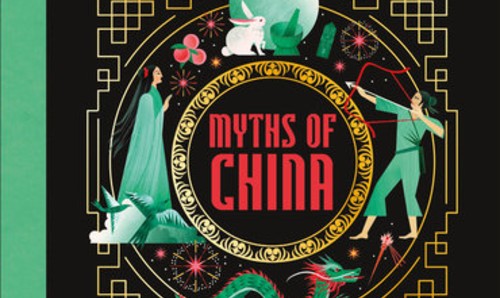
Xiaobing Wang
Myths of China: Meet the Gods, Creatures, and Heroes of Ancient China
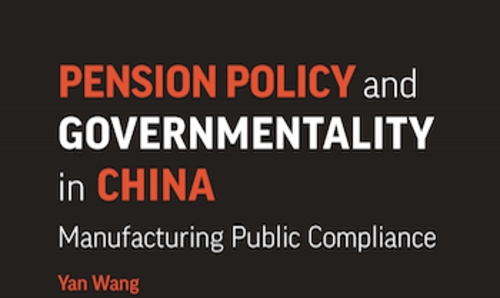
Yan Wang
Pension Policy and Governmentality in China: Manufacturing Public Compliance

David R. Stroup
Pure and True: The Everyday Politics of Ethnicity for China’s Hui Muslims

Gordon Barrett
China’s Cold War Science Diplomacy
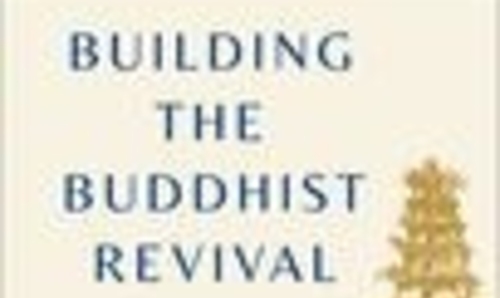
Gregory Adam Scott
Building the Buddhist Revival: Reconstructing Monasteries in Modern China
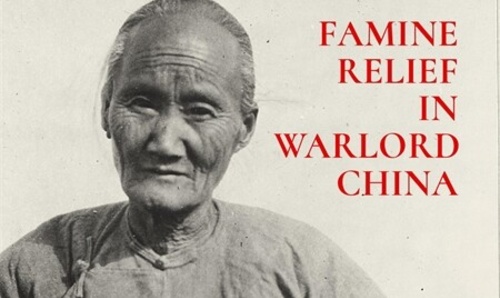
Pierre Fuller
Famine Relief in Warlord China
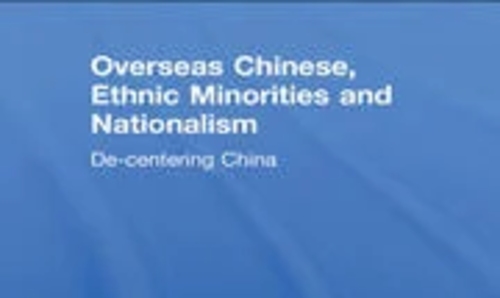
Elena Barabantseva
Overseas Chinese, ethnic minorities, and nationalism: De-centering China
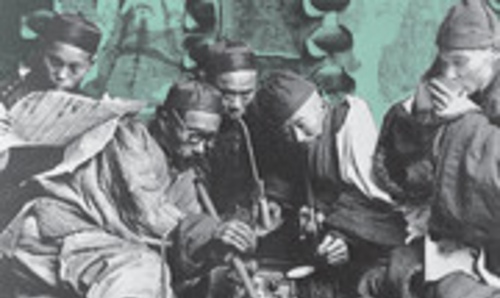
Yang-Wen Zheng
The Social Life of Opium in China
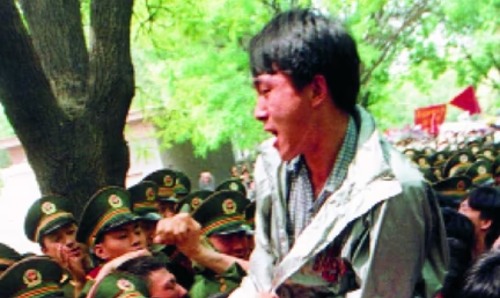
Peter Gries
China’s New Nationalism: Pride, Politics, and Diplomacy
Call for knowledge exchange
Are you an academic working on China studies at Manchester? We'd love to feature your academic books on our webpage. Please email mci@manchester.ac.uk with a link to the book on the publisher's website and an image of the book cover.
